Working on digitally preserving photographs in the Cyril Diver Collection has uncovered some interesting insights into Cyril Diver’s early conservation work.
Diver’s fascination with nature began as a young soldier during the First World War; he studied snails in the trenches as a distraction from the horrors that unfolded around him.
Forerunner
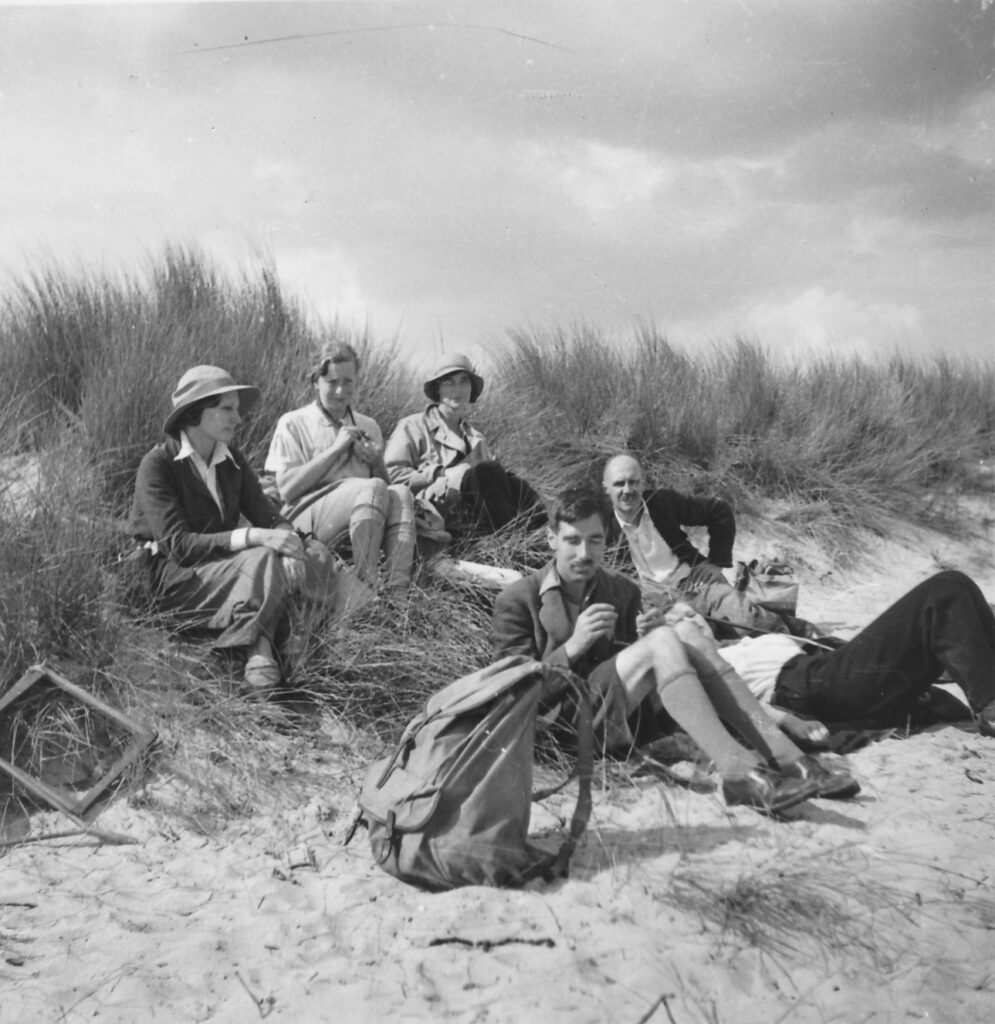
During the 1930s, amid fears that the land would be built upon, Diver and a group of friends and volunteer experts meticulously surveyed, mapped and recorded the wildlife of the heath and dune system on the Studland peninsula. Diver and his group saved the site from development; recording 2,500 species including bees, butterflies beetles and birds, and focused the study on the peninsula: 350 hectares of diverse habitats, from sand dunes and heathland to wet woodland, mires and an internationally important lake known as Little Sea.
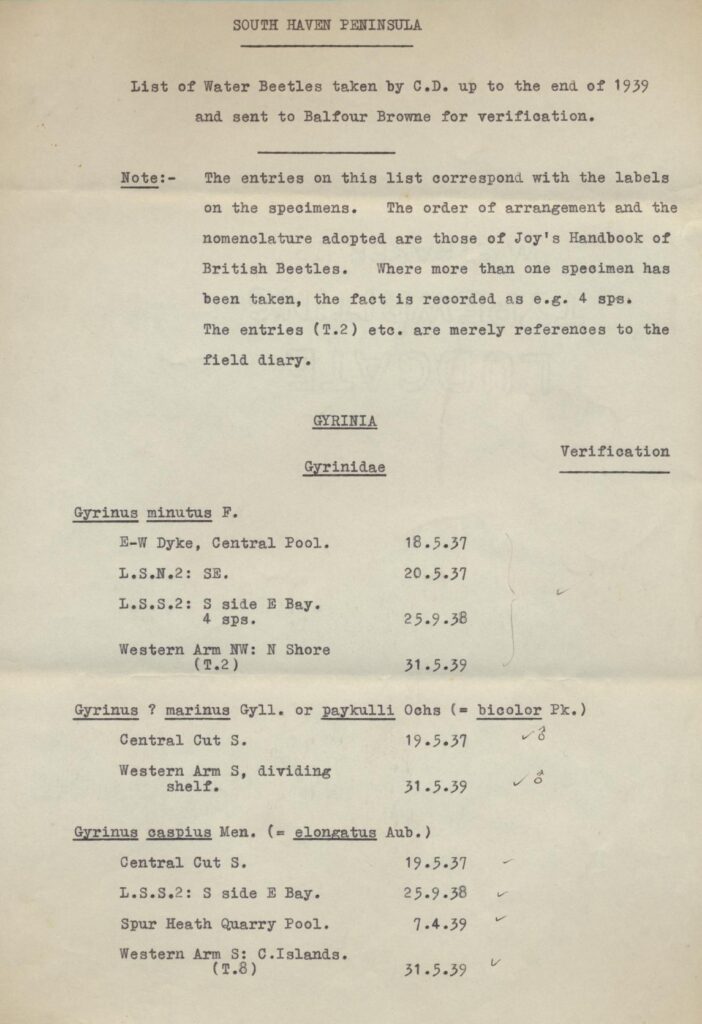
Not only did Diver and his group of experts make a lasting impact to wildlife and conservation in this area, they also had a great time doing it, as revealed in this candid shot from the archive.
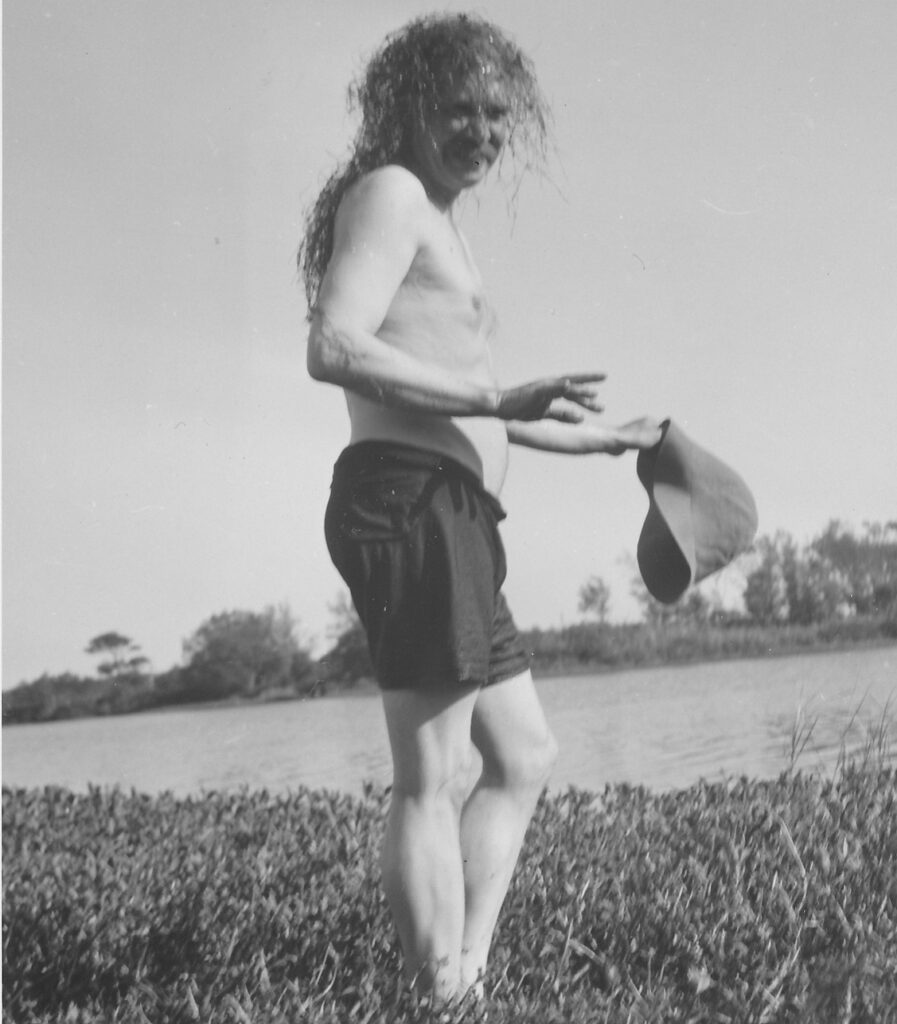
Lasting legacy
As a civil servant, Diver went on to draft much of our country’s initial wildlife legislation and protections, devising and leading Nature Conservancy UK in 1949 – paving the way for the many conservation organisations that we know today. This country owes a lot to Captain Cyril Diver CBE, yet his contribution is largely forgotten.
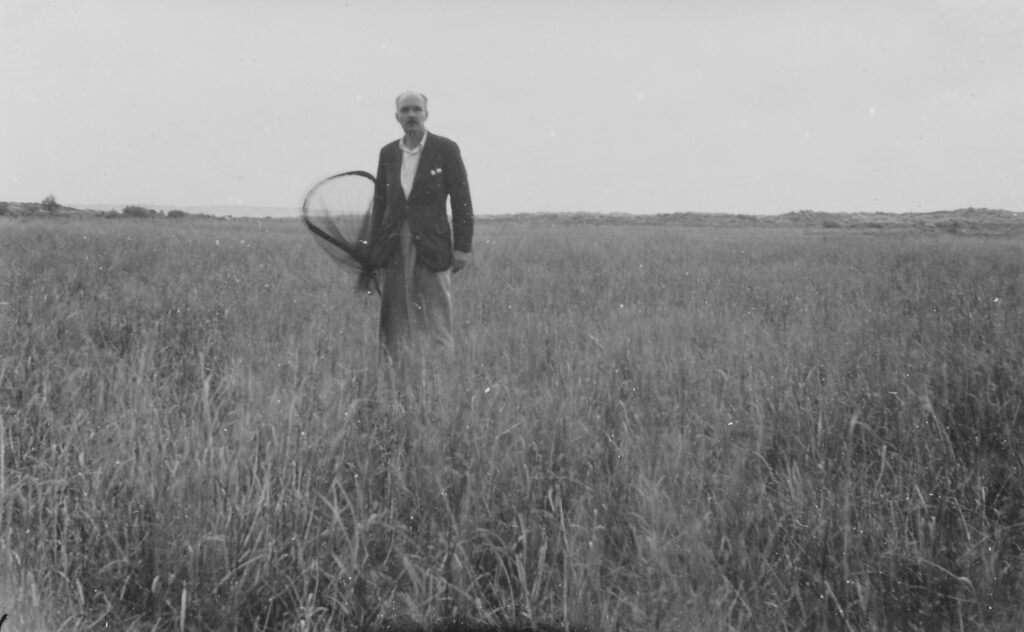
Between 2012 and 2015, the National Trust ran a project named after Cyril – the Cyril Diver Project that was designed to carry out a comprehensive ecological survey of the Studland peninsula, much in the same way as Diver’s original study had done in the 1930s. It referenced source material from the archive.
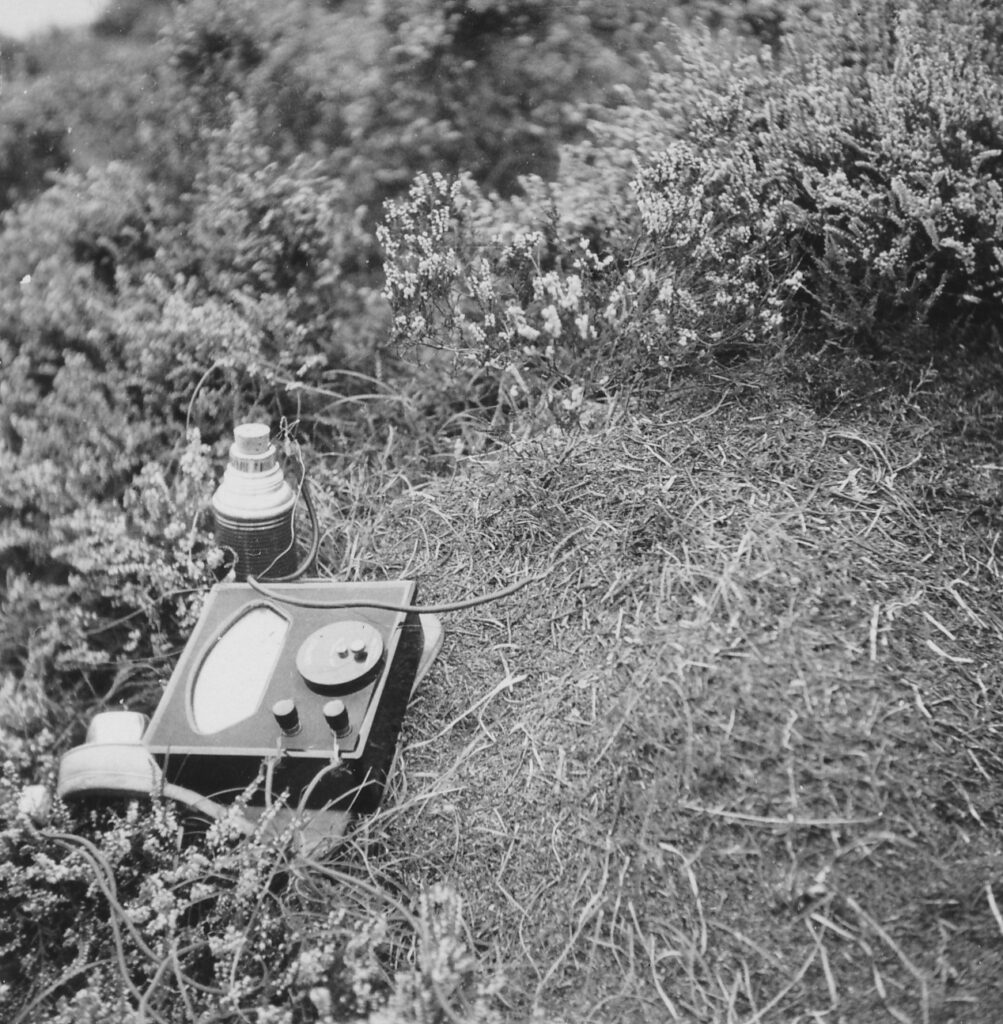
The Cyril Diver Collection includes species records, notes, field diaries and photographs and is available to view on our online catalogue, D-DVR.

